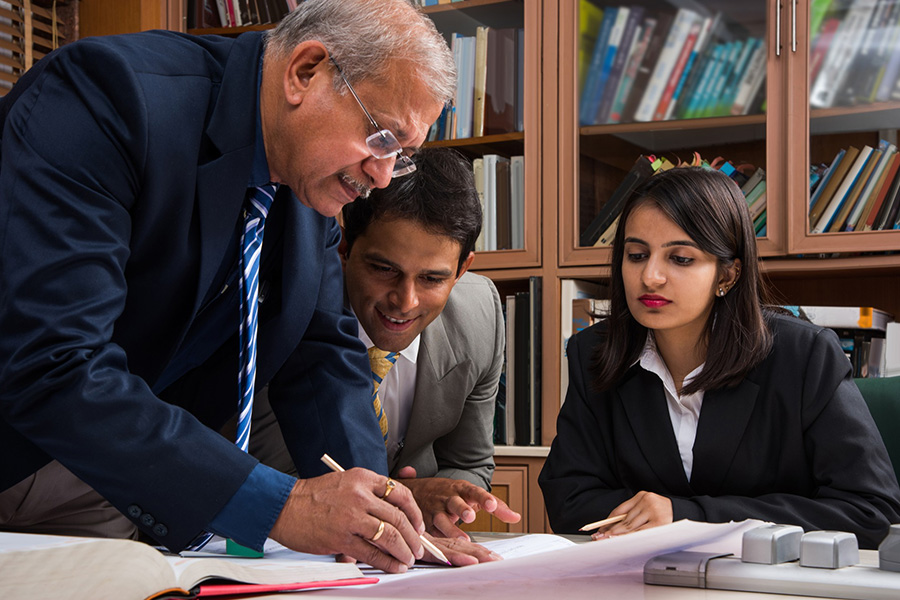
The COVID-19 pandemic was instrumental in revealing that legal aid clinics can play a larger role in the attainment of access to justice even during ‘normal times’.
Authors
Ajay Pandey, Professor, Jindal Global Law School, O.P. Jindal Global University, Sonipat, Haryana, India.
Sushant Chandra, Associate Professor, Jindal Global Law School, O.P. Jindal Global University, Sonipat, Haryana, India.
Shireen Moti, Assistant Professor, Jindal Global Law School, O.P. Jindal Global University, Sonipat, Haryana, India.
Summary
Legal education aims to impart legal skills and training to law students and develop them into professionals who can render legal services. Clinical legal education (CLE) bridges the gap between the theory and practice of law. CLE has dual purposes of imparting lawyering skills to law students and achieving the social justice mission of law.
CLE imparts certain skills and values to students for social justice. Students’ involvement in legal aid clinics makes them more justice-oriented, empathetic and ready for social change. With such orientation, they can assume larger leadership roles as ‘social engineers’. The access to justice crisis compels us to think about legal education’s scope and purpose.
In this article, we argue that CLE is indispensable for the attainment of access to justice. During the COVID-19 pandemic, students supervised by clinicians at legal aid clinics worked with communities on issues of ‘migration’, ‘health’ and ‘education’. We argue that the COVID-19 pandemic was instrumental in revealing that legal aid clinics can play a larger role in the attainment of access to justice even during ‘normal times’. This article offers recommendations in order to achieve the goal of securing access to justice for the masses.
Published in: Asian Journal of Legal Education
To read the full article, please click here.

